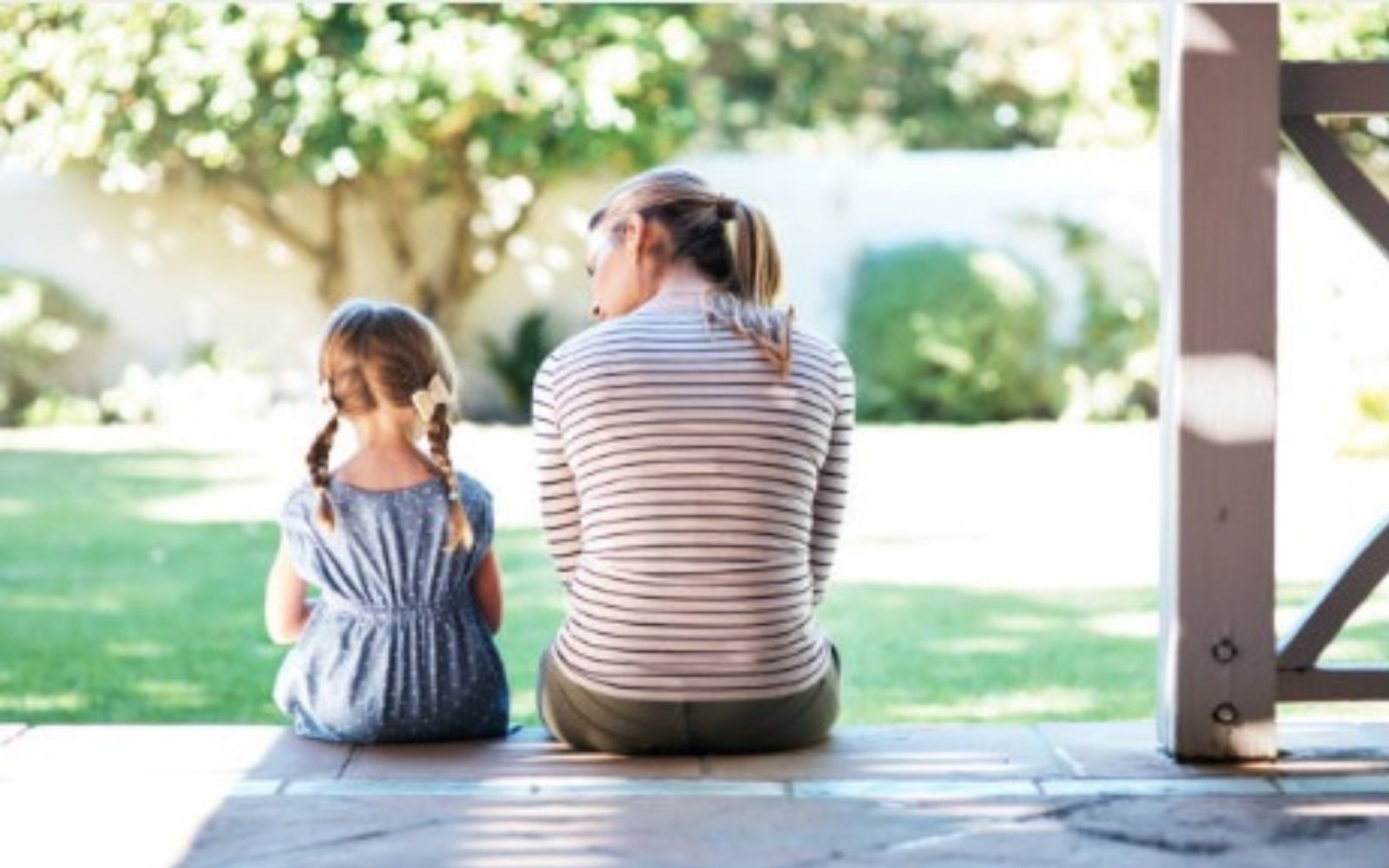The COVID-19 pandemic is having an affect on almost every aspect of our lives – it’s safe to say we are all touched by it in some way.
Some parents are concerned about their children and how they’re dealing with the situation, and may be unsure about how to discuss the challenges that arise with their kids. Children of all ages will have their own way of responding to what’s happening. Parents and carers have an important part to play supporting their children’s mental health and wellbeing – whatever that looks like for them.
Here are some tips for parents that can help to support children at this time.
Make sure what they’re hearing is true.
Kids can be like sponges, soaking up information from overheard conversations, TV, websites and friends. Your child may have already come home from school a few weeks ago repeating what they’d heard about COVID-19. It’s important that we ensure our kids are taking in the right information, and by having regular discussions with them, we can answer any queries they may have and ensure the information they are taking in is accurate.
Help identify fears and feelings.
It’s natural for children to feel scared or anxious when there are such big changes in their lives. They may feel unsure of what is going on around them. Keep an eye out for any changes in your child’s behaviour, like a sudden fear of the dark, difficulty sleeping, or bedwetting, as this can be a sign of stress. Children react strongly to fears amidst big changes so talking regularly with them to identify what is going on for them is important. Remember, you don’t have to ‘fix’ their feelings. What’s important is that they express in their way – that alone can be all that’s needed if they feel heard with an ear of understanding. Also important is being transparent about our own feelings as kids can read adults like a book. Of course we don’t want to add to any anxiety or fear they may have however if you hide what is going on for you it will create a level of mistrust. Take home message – be real, open and understanding.
“Find the right time to talk with your child. This might be around the dinner table, at bath time, or at bedtime. When your child is ready to talk, try to give your child your full attention.” – RaisingChildren.net.au

Make the most of family time.
We have been thrust into unexpected, unprecedented family time. With entire families learning and working from home and our outside interaction limited, it’s fair to say many of us may be feeling a little stir-crazy. But with this unusual situation comes opportunities for families to invest in family time. Quality time with family will help children to better cope with challenges and instil a sense of security and confidence. Quality time is about connecting with your children in a way that they feel heard and equal to you. Make play and lightness your natural way of interacting. TV and other technology gets in the way of connectedness so if you want that quality time make sure it’s gadget free.
“If you can, plan some regular one-on-one time with each of your children. Children have different personalities, and some children might seem to need less time than others – but they’ll all benefit from special time with you during physical distancing.” – RaisingChildren.net.au
Keep up the routines and purpose.
With kids schooling at home, parents working from home where they can, and government restrictions in place to limit social interaction – it may be difficult to keep normal routines in place. Yet now, more than ever, is the time to maintain a sense of stability. When a child has a predictable daily routine, it provides security and steadiness. At a time where the social norm is changing from day to day, our homes are a place where we can provide a level of normalcy. Even small things like family dinner at the dinner table each night, or keeping the usual morning ritual of brushing teeth, dressing, making our bed, and so on, can give children a sense of purpose in their day – purpose being the key to self-worth and therefore constructive behaviour outplay.
Where possible give your children more responsibility in the home – teach them new chores, and help them create their own timetable of activities for the day – anything that makes them feel like they are an important contributor to the household.
Practice hygiene at home.
Getting your children into good hygienic habits at home – regular handwashing, not touching their face, and coughing/sneezing into their elbow – will not only help to protect them from the virus, but allows them a sense of control over their immediate environment. This doesn’t need to be fearful habit to implement – UNICEF suggest making it fun for younger children by singing along with the Wiggles or following this dance to add a little fun (and embed the idea).

Keep in touch with family members and friends.
For those children that normally see grandparents and other family members regularly, not having this contact may be unsettling. Encourage your children to stay in contact with loved ones by phone, video calls, and social media. Setting up a regular time each week for a video call with a family member or friend can add to the sense of routine, whilst giving your child that social connection that they are now lacking.
Be conscious of finance talk.
It’s only natural that many households around Australia are concerned about finance right now, and for those with reduced hours or who have been made redundant, stress levels are high.
It can be easy to let finance fears make their way to children, but be mindful of what they need to be aware of. Older children may need to know to limit their spending, but consider how to speak about it as to not cause additional worries.
Deepen your self-care.
We all know the analogy of not being able to pour from an empty cup – it’s true. We need to care for ourselves as individuals so we can continue to work efficiently and look after our children. Many of us are no doubt feeling stress for a number of reasons, and this can leave us feeling depleted. Make some time for yourself to exercise, eat well, and do the things you need to in order to stay physically and mentally well. Part of self-care includes appreciating all that you bring to the home, work and your family. What an opportunity we all have now without all the out-of-home distractions of life to deepen our care for ourselves. Kids feel this and the beauty of it is that children love it when we’re kinder to ourselves – it gives them permission to enjoy loving themselves too! As the parent, you are the most important role model for their mental health and wellbeing right now.
There’s help if you need it.
If you feel like your child is distressed or anxious beyond what may be normally expected in this environment, then seek extra help. School counsellors or other agencies will be able to offer advice or chat to your child directly to help manage their mental health. Remember, most families are in the midst of major change right now. Children are a part of that, and so it’s only natural that some may need some extra care when it comes to their mental health and wellbeing.
We are all in this together. Let’s remain emotionally and socially connected to each other despite the physical distance, and support our kids to do the same, to ensure our families stay strong and our kids feel safe.
Written by Parents At Work and originally published by Women’s Agenda.
For more support on dealing with children’s mental health during COVID-19, see the below resources:
- RaisingChildren.net.au – COVID-19 Guide.
- Kids Helpline: https://kidshelpline.com.au/teens
- Beyond Blue: https://www.youthbeyondblue.com/
- Headspace: https://headspace.org.au/
- Connect with a Clinician: https://headspace.org.au/eheadspace/connect-with-a-clinician/
- The Australian Psychological Society – Coronavirus Information
- Headspace information for adolescents



